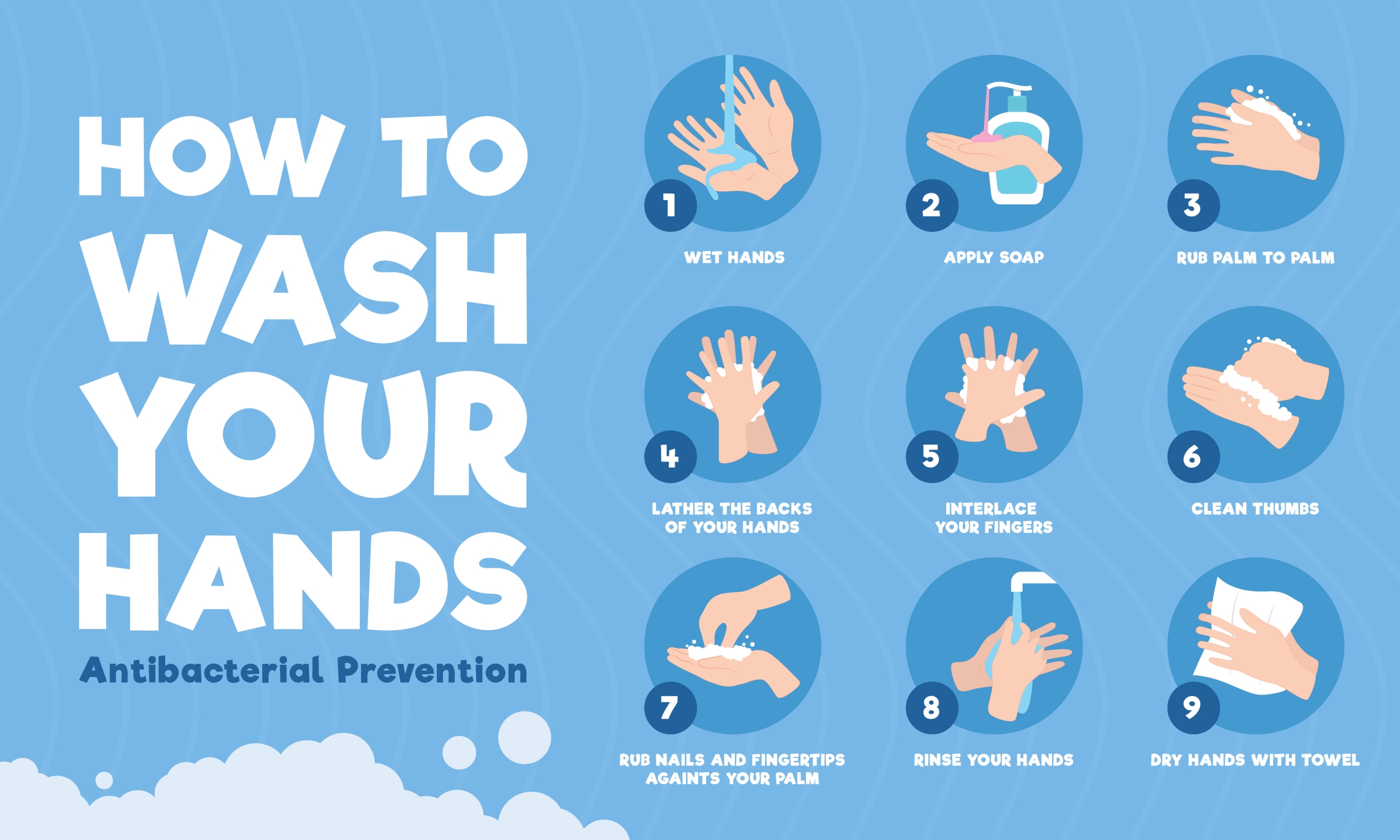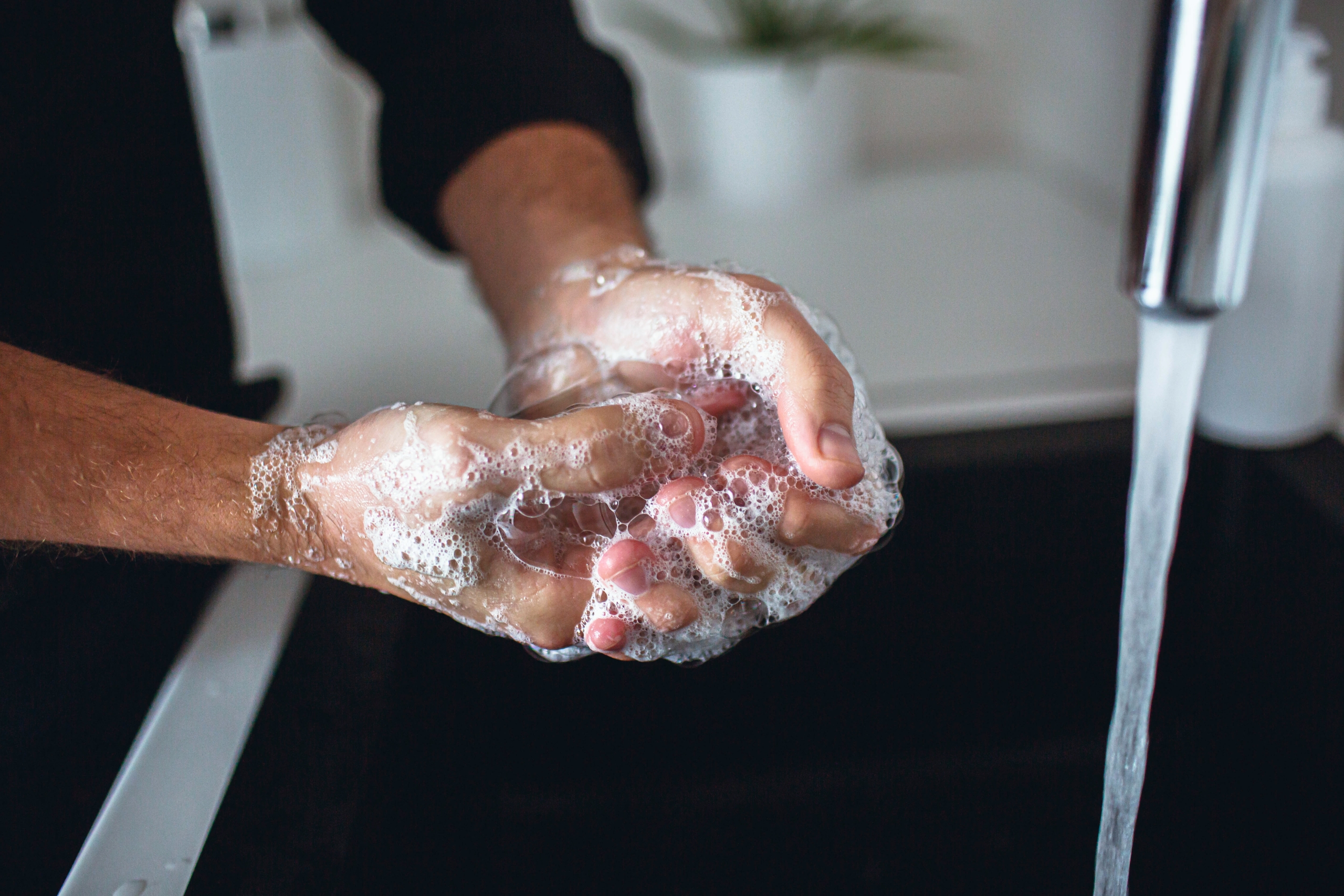December is National Handwashing Month, and with the cold and flu season in full swing, it’s the perfect time to emphasize the importance of good hand hygiene.
As temperatures drop and people gather indoors, the risk of catching a cold or flu increases significantly. These respiratory illnesses are highly contagious, spreading through droplets in the air when an infected person coughs or sneezes. However, there are simple steps you can take to protect yourself and your loved ones from these pesky germs.

How to Wash Your Hands For Maximum Germ Prevention
One of the most effective ways to prevent the spread of germs is by washing your hands frequently and thoroughly. Here’s a step-by-step guide:
- Use warm water to wet your hands completely.
- Apply soap and lather it into a rich foam, covering all surfaces of your hands, including the backs of your hands, between your fingers and under your nails.
- Scrub your hands vigorously for at least 20 seconds. This helps to loosen and remove germs.
- Rinse your hands thoroughly under warm water.
- Dry your hands with a clean towel or air dry them.

When to Wash Your Hands
It’s important to wash your hands at key times throughout the day:
- Before:
- Eating or preparing food
- Touching your face, eyes or mouth
- Caring for a sick person.
- After:
- Using the bathroom
- Blowing your nose, coughing or sneezing
- Touching animals or pets
- Handling garbage.

For healthcare providers, it’s important to encourage patients and visitors to clean their hands prior to eating, after using the rest room and as they enter or exit a patient’s room. Providers should also be frequently washing their hands at these five moments during patient care:
- Before touching a patient
- Before clean/aseptic procedures
- After body fluid exposure risks
- After touching a patient
- After touching a patient’s surroundings.
Additional Tips for Staying Healthy
In addition to frequent handwashing, here are some other tips to help you stay healthy during cold and flu season:
- Stay up-to-date on your flu shot.
- When you cough or sneeze, cover your mouth and nose with a tissue or your elbow.
- Avoid touching your face, as germs can enter your body through your eyes, nose and mouth.
- Regularly clean and disinfect frequently touched surfaces, such as doorknobs, countertops and phones.
- A healthy diet can boost your immune system.
- Aim for 7-8 hours of sleep each night.
- Manage your stress levels, as stress can weaken your immune system.
By following these simple precautions, you can significantly reduce your risk of getting sick this cold and flu season. Let’s make this December a healthy one by prioritizing handwashing and other preventive measures.

